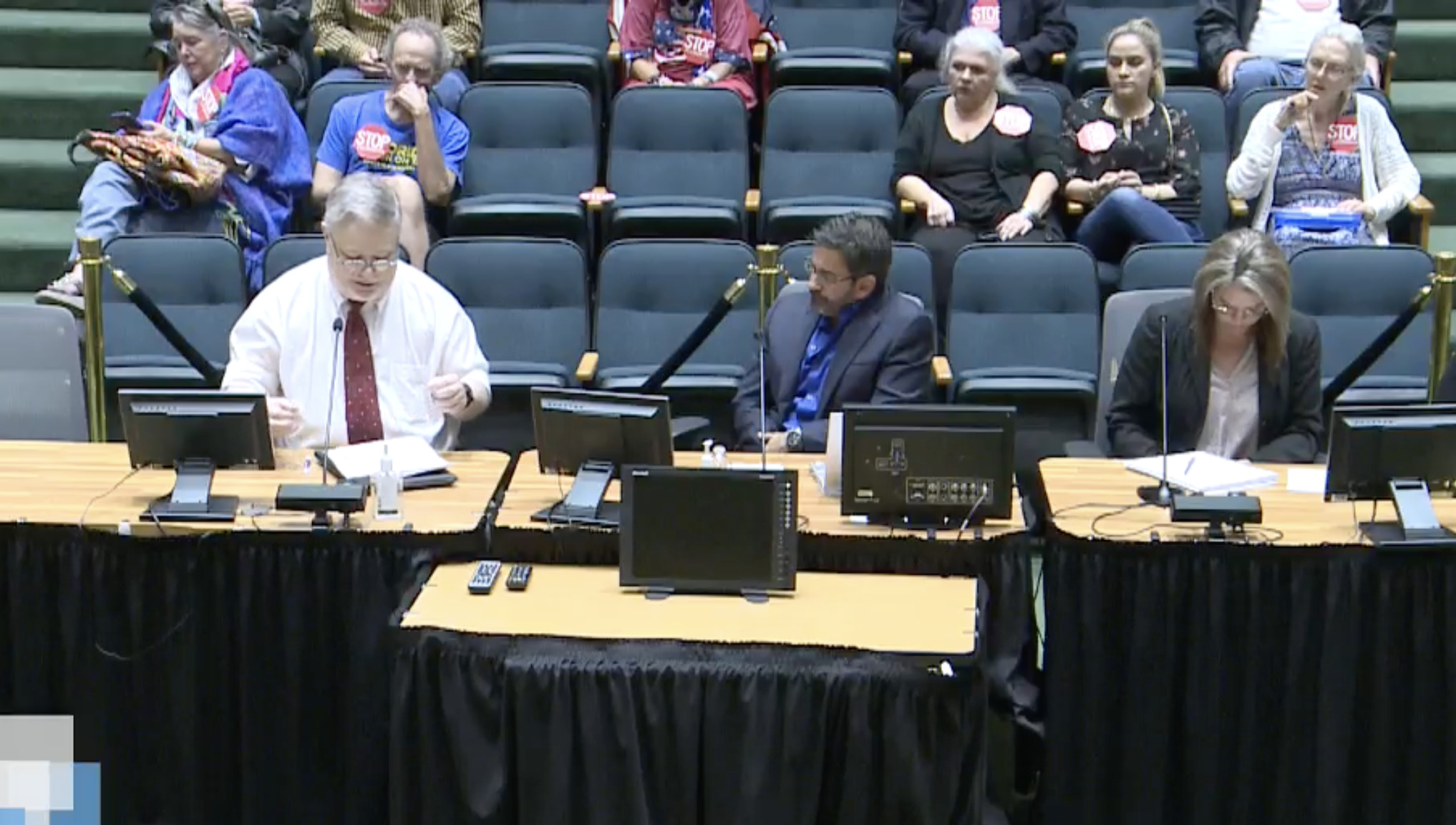Fluoride has been in Dallas’s water since 1966, following the trend of most U.S. cities who add the mineral to water sources to help fight tooth decay in the population.
Opponents of fluoride presented to the city’s Quality of Life, Arts and Culture Committee Tuesday morning, after an October presentation on the benefits of the mineral left city council members seeking “both sides” of the fluoridation debate.
But following Tuesday’s presentation titled “Fluoridation: Unnecessary, Unproven, and Unsafe!”, presenters were chastised by city council members for “cherry picking” data that opposes fluoride.
The presentation was given by two doctors and a professor — from Fort Worth, Austin and Canada, respectively — and warned of a negative impact to children’s learning and development as linked to high levels of ingested fluoride, and unsupported evidence that fluoride prevents tooth decay.
But in the Oct. 16 committee meeting, county health officials addressed both claims, stating their inaccuracies.
“I can tell you there is a lot of misinformation, a lot of scare tactics,” Dr. Philip Huang, Director of Dallas County Health and Human Services, said.
One study referenced in Tuesday’s meeting sites a number of boys whose low IQ levels were linked to a high volume of fluoride found in their mother’s urine. On Oct. 16, Dr. Mary Swift of the Texas Dental Association referenced this study, and said there were “many problems” with how it was conducted.
While there were a few participants who had extreme levels of fluoride exposure — significantly higher than the amount added to the city’s water — the study found “non-significant” impacts of fluoride on IQ when the outlier patients were removed, Swift said.
Tuesday’s presenters did not include limitations of the study, or any other referenced study when addressing the city council.
“Coming before the governing body of the ninth largest city in America and not footnoting these things is so disappointing,” City council member Gay Donnell Willis said. “You don’t cherry-pick things, you look at results and conclusions… You didn’t even have a footnote that a middle school presentation would have.”
Willis ended her statement by saying she would not move to change to the current recommendation of county health officials to add fluoride in the city water.
Dr. Griffin Cole, who represents the alternative dental treatment group International Academy of Oral Medicine and Toxicology, said the city council did not give opponents of fluoride “enough time” to include footnotes in the presentation.
City council member Adam Bazaldua, who chairs the committee, said “more transparent context” than what was provided to the council would have been appropriate.
“If we do sifting of our own and find context that wasn’t provided, intent is questioned,” Bazaldua said.
Bazaldua was one of the original voices calling for a presentation from opponents to fluoride following the Oct. 16 meeting, when he said he had questions “that (he’d) like to hear answered from an unbiased standpoint.” The remark prompted Huang to say he was representing the county “not lobbying” for fluoride.
“This was brought to us in the ’50s, are we still using 1950s dental procedures?” City council member Paula Blackmon said in the Oct. 16 meeting. “I think it’s fair for this council to ask is this practice we had in 1950 still a fair practice?”
Huang assured Blackmon the most recent recommendation for the volume of fluoride that should be added to drinking water was made in 2015, and research on the mineral is ongoing.






